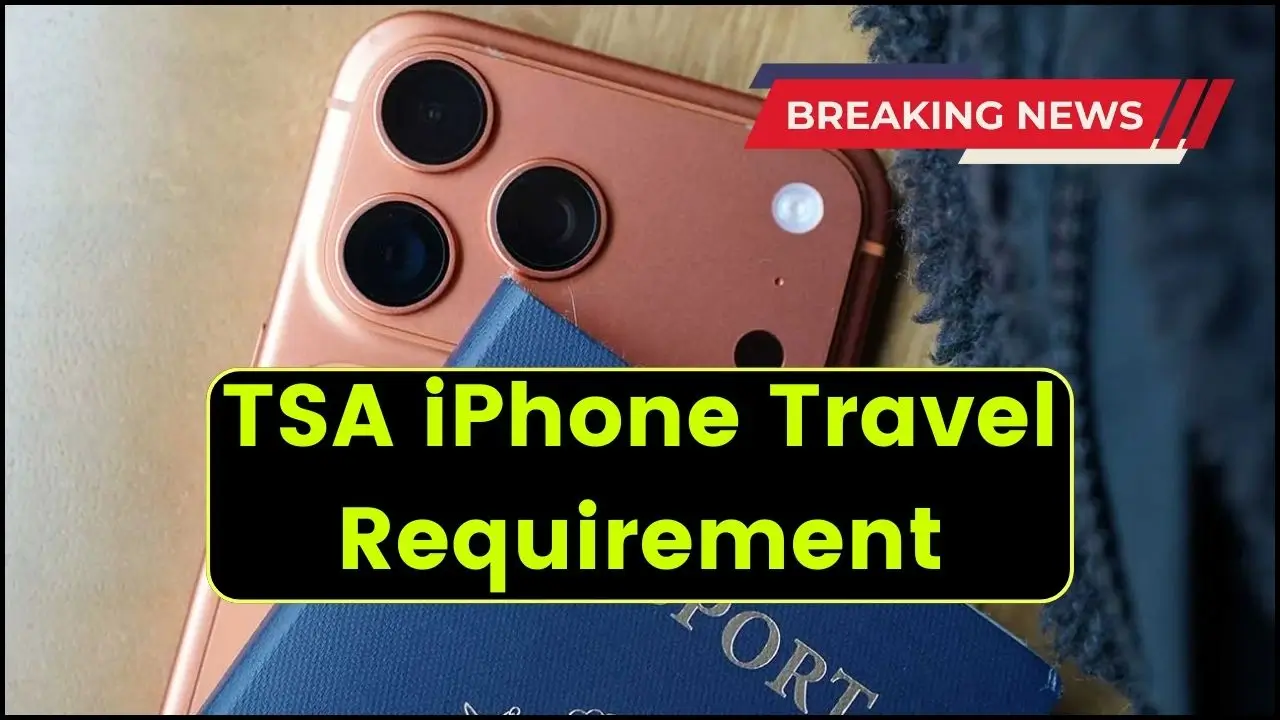Dreaming of studying in Germany but feeling stuck on the IELTS exam? You’re not alone. Finding a list of universities in Germany without IELTS requirement for admissions in 2026 can feel like searching for a needle in a haystack. Many talented students get bogged down by the stress and cost of English proficiency tests. But what if I told you there’s a clear, accessible path to securing your spot at a top German university, without ever booking that IELTS test? This guide will walk you through exactly how to do it, which universities to target, and what alternative proof you’ll need to make your German education dream a reality.

Navigating the world of universities in Germany without IELTS requirement for admissions in 2026 is entirely possible. It simply requires diligent research, early preparation, and a clear understanding of the alternatives. By focusing on securing a strong Medium of Instruction certificate or another accepted proof, you can build a compelling application that showcases your readiness for academic success in Germany.
The German Advantage: More Than Just Free Education
Before we dive into the specifics of skipping the IELTS, let’s quickly touch on why Germany is such a hotspot for international students. It’s a powerhouse of innovation, culture, and, most importantly, world-class education.
Many students are drawn by the fact that most public universities charge zero or very low tuition fees, even for international students. Beyond the cost savings, you get a degree that is respected globally, opening doors to incredible career opportunities within Germany and across the world. From bustling Berlin to historic Heidelberg, you’ll be immersed in a vibrant, welcoming culture.
Bypassing the Test: How to Study in Germany Without IELTS
So, the big question: can you really get into a German university without an IELTS score? The short answer is a resounding yes. German universities are pragmatic. They understand that a single test score doesn’t always reflect true language ability. Their main goal is to ensure you can succeed in an English-taught program.
Therefore, many institutions accept alternative forms of proof. In my experience advising students, the key is to be proactive and thorough in your research. Don’t just assume; always verify the specific requirements for your chosen course directly on the university’s official website.
Your Golden Ticket: The Medium of Instruction (MOI) Certificate
The most common and widely accepted alternative to IELTS is the Medium of Instruction (MOI) certificate.
- What is it? An official letter from your previous university or college stating that the language of instruction for your completed degree (usually a Bachelor’s) was English.
- How to get it? You can request this document from your university’s registrar or administrative office.
- What should it include? The letter must be on official university letterhead, signed and stamped, and clearly state that your entire course was taught and assessed in English.
Other Accepted Proofs of Proficiency
If an MOI isn’t an option for you, don’t worry! Many universities have expanded their list of accepted proofs.
- TOEFL and Duolingo: The TOEFL iBT is a long-standing alternative. More recently, a growing number of universities are also accepting the Duolingo English Test (DET), which is often more affordable and accessible.
- Cambridge English Certificates: Qualifications like the C1 Advanced (CAE) or C2 Proficiency (CPE) are highly regarded and widely accepted.
- Native Speakers: If you are a citizen of a majority English-speaking country (like the UK, USA, Australia, Canada, etc.), you are typically exempt from any language proof requirements.
Top Universities in Germany Without IELTS Requirement for Admissions in 2026
While requirements can change from semester to semester, several German universities have historically shown flexibility. Crucially, you must always check the specific page for your desired program for the 2026 intake. This list is an excellent starting point for your research.
- University of Siegen: Often accepts an MOI certificate for many of its Master’s programs. They focus on ensuring you can handle the academic rigor.
- University of Koblenz-Landau: This university has been known to waive English test requirements for students who can prove their previous education was in English.
- Esslingen University of Applied Sciences: Particularly for their engineering and MBA programs, they may consider applicants with a degree taught in English.
- University of Kaiserslautern (TUK): Check their international graduate programs, as many list alternative proofs of English proficiency besides IELTS.
- Free University of Berlin (Freie Universität Berlin): While being one of Germany’s elite universities, some of its graduate programs may not list IELTS as the sole option. Scrutinize the language requirements for your specific course.
- University of Bayreuth: This university has previously offered flexibility, especially for students applying to certain science and engineering faculties.
- Hochschule Stralsund (University of Applied Sciences): Known for its practical approach, it has offered admissions to students with sufficient proof of English from their prior studies.
Your Step-by-Step Application Plan
Ready to take action? Follow these steps to navigate the application process smoothly.
- Research and Shortlist: Begin by identifying 5-7 universities and specific English-taught programs that match your academic background and career goals. Use the official DAAD International Programmes database as your primary search tool.
- Scrutinize Language Requirements: This is the most critical step. Go to the “Admissions” or “Requirements” section for your chosen course on the university’s website. Look for phrases like “Proof of English Proficiency” and read every detail. Note down all accepted alternatives to IELTS.
- Prepare Your Proof: If you’re using an MOI, request it from your university well in advance. If you’re taking an alternative test like Duolingo, book it and prepare for it.
- Gather All Other Documents: Your application is more than just language proof. You’ll need your academic transcripts, a compelling Letter of Motivation, Letters of Recommendation, and your CV. I’ve seen many successful applicants make their Letter of Motivation the star of their application, so give it the attention it deserves.
- Apply and Wait: Submit your application through the university’s portal or via Uni-Assist, as required. Double-check all deadlines for the 2026 intake, which are typically in the winter for the summer semester and in the summer for the winter semester.
A Friendly Word of Warning
While you can secure admission without IELTS, your journey doesn’t end there. Your lectures, assignments, and exams will all be in English. Your ability to communicate clearly with professors and classmates will be vital to your success. Skipping the test doesn’t mean you can skip the skill. Make sure your English is genuinely strong enough for a demanding academic environment. You’ll thank yourself later!
Navigating USA Study Visa Delays: Your Path to Success
Your 2025 Guide to Navigating New Zealand’s New Work Visa Policies
FAQs
Q1:Can I get a German student visa without IELTS?
Yes. For the visa application, the primary requirement is the official admission letter from your German university. If the university admitted you without requiring an IELTS score (e.g., based on an MOI), that acceptance letter is usually sufficient proof for the embassy that your language skills meet the university’s standards for your chosen program. However, always check the specific checklist for the German embassy in your country.
Q2:Do all public universities in Germany offer programs without an IELTS requirement?
No, not all of them. The policy varies significantly between universities and even between different courses within the same university. Highly competitive programs or those in humanities and social sciences are often stricter. It is most common in STEM (Science, Technology, Engineering, and Mathematics) fields.
Q3:Is a Medium of Instruction (MOI) certificate always accepted?
While it is widely accepted, it is not a universal guarantee. Some universities explicitly state they only accept standardized test scores like IELTS or TOEFL. This is why verifying the requirements for each specific program you apply to is non-negotiable.










